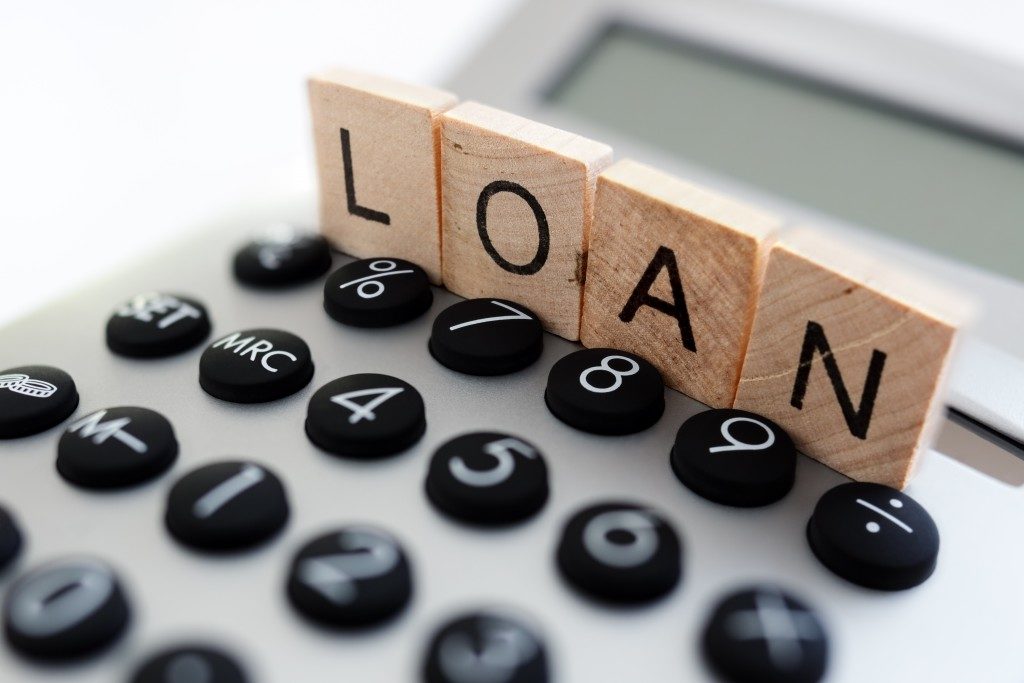Some of the consequences of an unpaid loan in Singapore include employment problems, a blemished credit score, and even lawsuits against delinquent borrowers.
If you took a loan from a bank where you have a savings fund, it could be wiped out to cover your outstanding balances depending on the terms and conditions. If you already have a bad credit status, it’s better to borrow from a licensed moneylender in Singapore. However, you need to use your second change wisely for clearing your debt to avoid other implications of a poor credit score.
Your Job Opportunities Become Limited
Unpaid debts hurt your credit score, and even if you luckily gain approval for a new loan, the money lender may impose higher interest rates because of your risk level as a borrower. In terms of employment difficulties, companies could request a copy of your credit report to see if you are in debt or have been a delinquent borrower in the past.
Some employers, particularly in the finance sector, have strict guidelines for not hiring such people. It’s not surprising that employees in this industry should be responsible for handling their money, primarily if they work as investment advisers.
A Tough Time to Apply for Loans
Those who can pay their debts but fail to do so promptly will trigger a legal case filed by the bank or money lender. The creditor can file a complaint sooner when you are suspected of leaving Singapore. This is one reason why foreigners are put under tighter scrutiny when they apply for a loan.
But in reality, most banks don’t go through the trouble of filing a case because of the unnecessary expense and effort. It might not be worth their while to chase after someone who owes them $10,000. Small loans will then be turned over to debt collectors, which have a reputation of being aggressive with delinquent debtors in Singapore.
How Debt Collectors Operate

While the country prohibits debt collectors from harassing indebted people, it doesn’t mean that they won’t resort to shaming tactics as long as it circumvents the law. These collectors know that most people have no money in the first place to hire a lawyer to defend them, so it’s up to the delinquents to know their rights regardless of how much money they owe a bank or lending company.
For instance, you should remember that debt collectors can’t send a group of people to take your property or money by force. Otherwise known as an unlawful assembly, the police even arrested some debt collectors in 2015 for harassing someone at a Funan food court. Take note that they can’t vandalize your home with banners or streamers depicting you as a person with unpaid debt.
In the end, if you have multiple loans, do your best to pay off the one with the highest interest and work your way from there. Be transparent in dealing with loan collection agencies if the bank has already turned over your unpaid debt.

